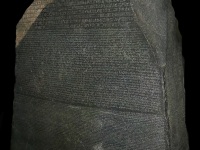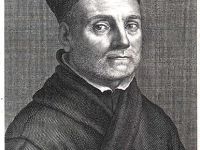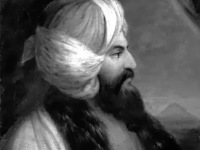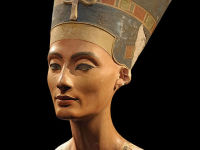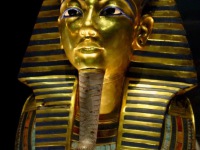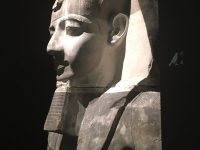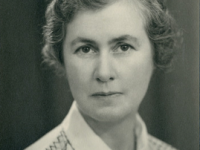Cleopatra – The Myth about Egypt’s Last Pharaoh
On August 12, 30BC, ancient Egyptian pharao Cleopatra VII Philopator, known to history simply as Cleopatra, passed away under mysterious circumstances. After Julius Caesar‘s [5] assassination in 44 BC, she aligned with Mark Antony in opposition to Caesar’s legal heir, Gaius Julius Caesar Octavianus (later known as Augustus).[6] To this day, Cleopatra remains a popular figure in Western culture. Her legacy survives in numerous works of art and the many dramatizations of…
Read more


